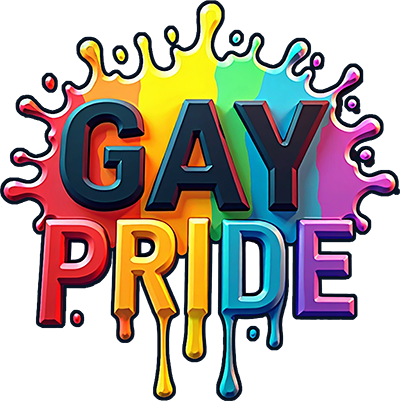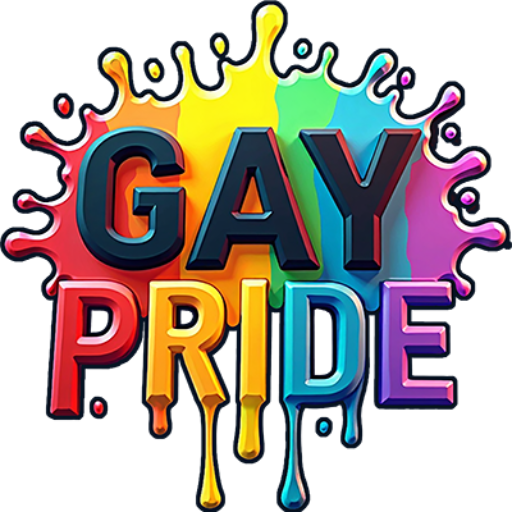Exploring LGBTQ Music: Artists and Influence
Music has always been a powerful medium for expression, community, and change. The LGBTQ community has not only found its voice in music but has also shaped and influenced the industry in profound ways. In this blog post, we will dive into the world of LGBTQ music, exploring the artists who have paved the way and the influence they have had on both the community and the music industry at large.
Table of Contents
1. Introduction to LGBTQ Music 🌈
2. Pioneering LGBTQ Artists 🎤
3. The Influence of LGBTQ Music on Mainstream 🎶
4. Modern LGBTQ Artists and Their Impact 🌟
5. Conclusion: The Future of LGBTQ Music 🎧
6. FAQs 🤔
Introduction to LGBTQ Music 🌈
The intersection of music and LGBTQ culture is rich and complex, filled with stories of struggle, identity, and triumph. From underground scenes to mainstream stages, LGBTQ artists have used music as a platform to express their identities and advocate for social change. This exploration not only highlights the diversity and creativity within the community but also celebrates the universal language of music that unites us all.
Pioneering LGBTQ Artists 🎤
Before the rainbow flags waved proudly, there were brave artists who dared to be different in a world that often demanded conformity. These pioneers laid the groundwork for future generations, pushing boundaries and challenging norms.
Freddie Mercury: The flamboyant frontman of Queen, Freddie Mercury, was a trailblazer in every sense. His unique voice and charismatic stage presence broke barriers, and his legacy continues to inspire artists today.
Elton John: With a career spanning decades, Elton John has become a symbol of resilience and authenticity in the music industry. His openness about his sexuality has made him a powerful advocate for LGBTQ rights.
Sylvester: Known as the “Queen of Disco,” Sylvester brought LGBTQ themes to the forefront of pop culture with his electrifying performances and unapologetic style.
The Influence of LGBTQ Music on Mainstream 🎶
The impact of LGBTQ artists extends beyond their music. They have influenced fashion, culture, and societal norms, often serving as catalysts for change.
🎵 Advocacy Through Lyrics: Many LGBTQ artists use their lyrics to address issues such as discrimination, love, and equality. Songs like Macklemore’s “Same Love” and Lady Gaga’s “Born This Way” have become anthems for the LGBTQ movement.
🎵 Shaping Pop Culture: The bold fashion choices and artistic innovations of LGBTQ artists have left an indelible mark on pop culture. From David Bowie’s androgynous style to RuPaul’s drag revolution, these icons have continually pushed the envelope.
Modern LGBTQ Artists and Their Impact 🌟
Today, the landscape of LGBTQ music is more vibrant and diverse than ever. A new wave of artists is emerging, each bringing their own unique voice and perspective.
Sam Smith: Known for their soulful voice and emotional lyrics, Sam Smith has become a beacon for non-binary and queer representation in music.
Troye Sivan: With a style that blends pop and electronic music, Troye Sivan has become a voice for young LGBTQ individuals, using his platform to promote acceptance and love.
Janelle Monáe: A multifaceted artist, Janelle Monáe uses her music and film work to explore themes of identity, freedom, and self-expression, challenging societal norms along the way.
Conclusion: The Future of LGBTQ Music 🎧
The future of LGBTQ music is bright and boundless. As more artists embrace their identities and share their stories, the music industry becomes a more inclusive and diverse space. The continued support and celebration of LGBTQ artists not only enriches the industry but also fosters a culture of acceptance and understanding.
FAQs 🤔
Q: Why is LGBTQ representation important in music?
A: Representation in music allows for diverse stories and experiences to be shared, fostering empathy and understanding across different communities.
Q: Who are some emerging LGBTQ artists to watch?
A: Artists like King Princess, Hayley Kiyoko, and Lil Nas X are making waves with their innovative music and bold messages.
Q: How can music be used as a tool for LGBTQ advocacy?
A: Music can raise awareness about LGBTQ issues, promote equality, and provide a platform for marginalized voices to be heard.
As we continue to explore and support LGBTQ artists, we contribute to a world where everyone can express themselves freely and authentically. 🎶🌈

